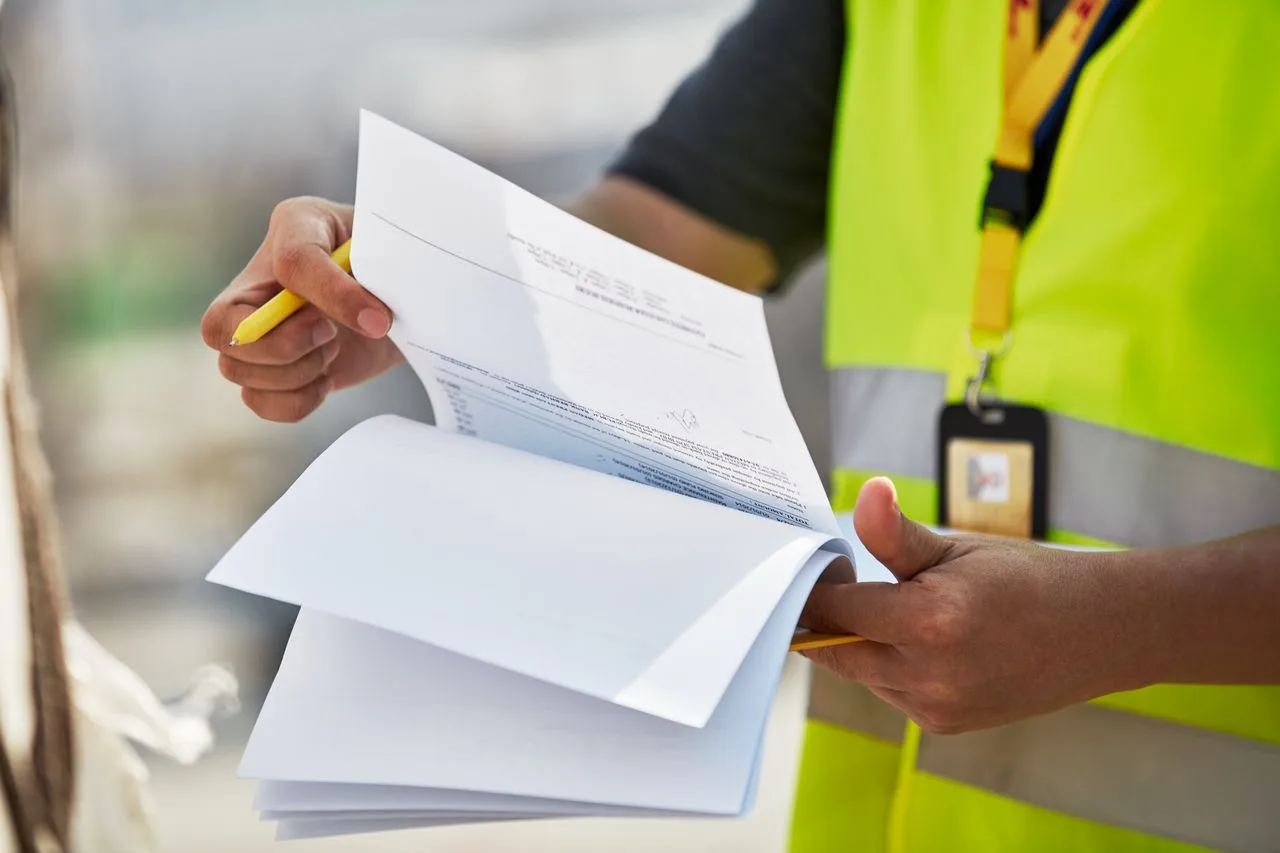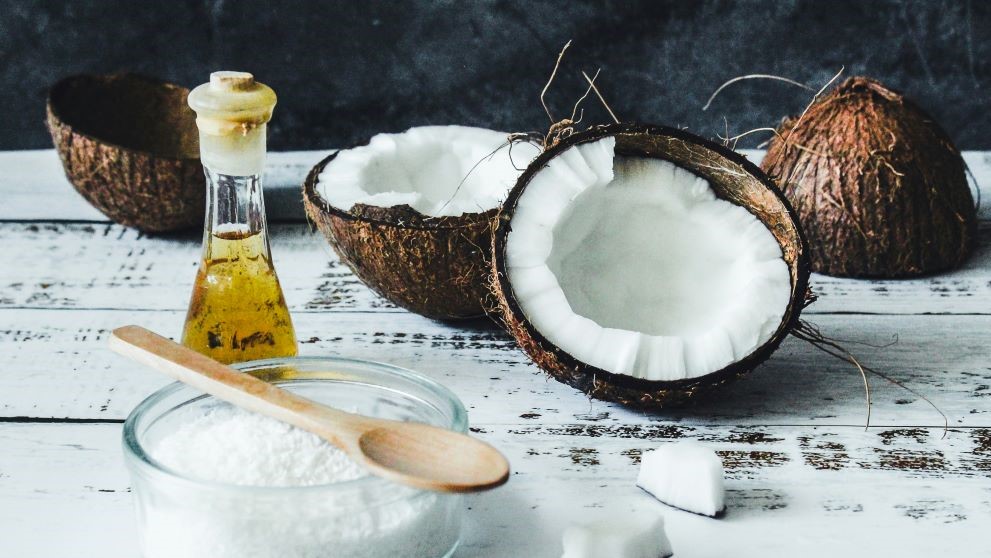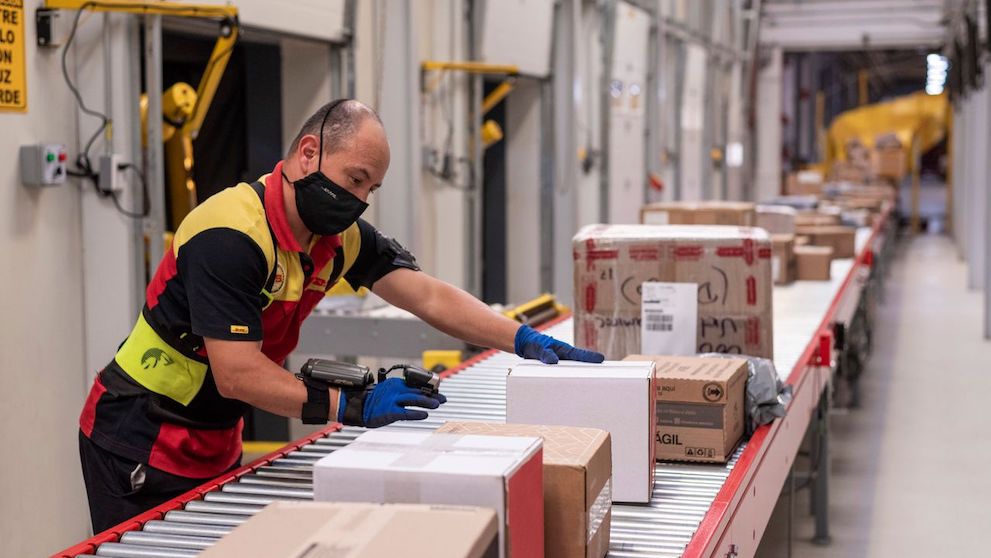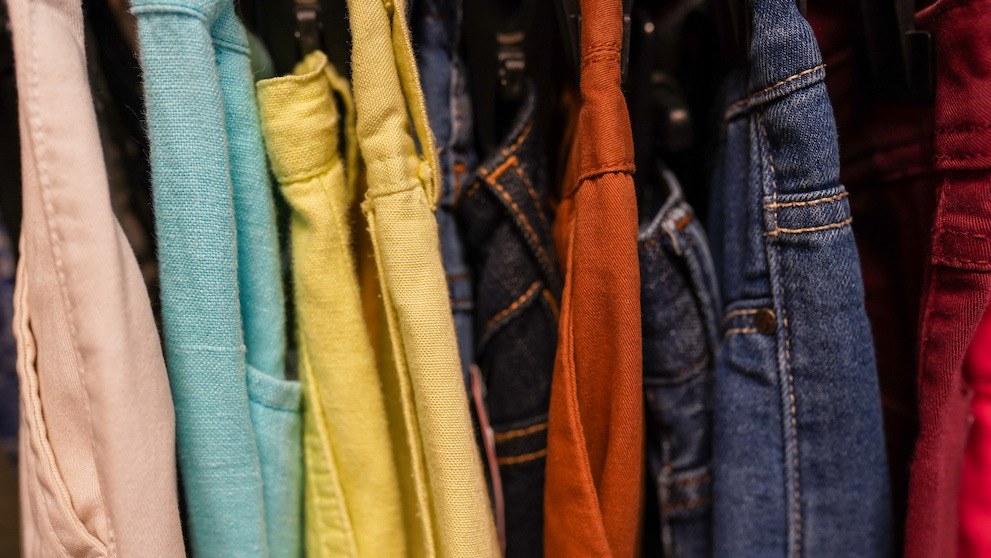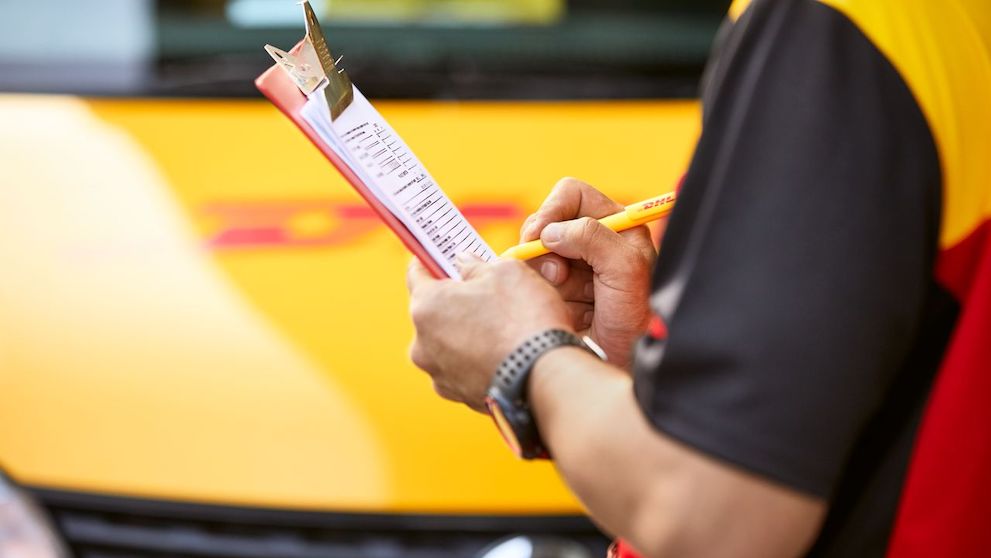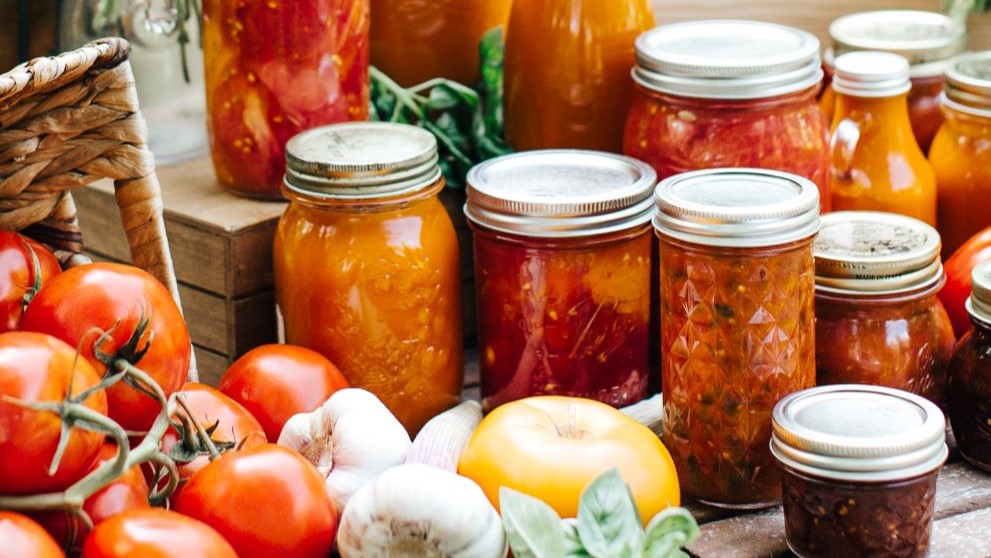Globally revered for its tea production, Sri Lanka has the humble tea leaf at the heart of its economy. The cultivation and export of Sri Lankan tea, or Ceylon tea as it's popularly known, have been substantial contributors to the nation's foreign exchange revenues. Simultaneously generating a myriad of job opportunities while pushing Sri Lanka to the fore as one of the largest tea exporters in the world.
The unique aroma, robust flavour, and superior quality of Sri Lankan tea make it a treasured commodity, underlining its profitability as an export item.
Strong sustained market demands
When we delve into the statistics, it becomes evident that the demand for Sri Lankan tea remains significantly high. Countries such as Russia, Turkey, Iran, China, and Iraq are among the top destinations for exports of Sri Lankan Tea. An intriguing development reported by the Business Times outlines Sri Lanka's upcoming venture in July 2023 to initiate a tea-for-oil barter system with Iran, further highlighting the strategic importance of tea and tea exporters in the nation's international trade dynamics.
Moreover, it is worth mentioning that Ceylon tea’s exquisite variety is another reason for its wide-reaching appeal. Be it the full-bodied flavour of Dimbula tea or the unique taste notes of Kandy, Uva, and Nuwara Eliya teas, there is something to cater to every tea enthusiast. Whether you're a connoisseur or a casual drinker, Sri Lankan tea's diverse range has the capacity to enthral your taste buds, making it a consistent favourite across the globe.
Tips and considerations for shipping tea from Sri Lanka
However, for prospective tea exporters in Sri Lanka, it is important to note that shipping tea across the globe requires careful planning, from packaging to documentation. Here are some key things to consider and policies to adhere to in order to ensure the tea reaches its destination in prime condition.
Packing tea
When it comes to packing tea for shipment, the packaging material plays a crucial role in preserving the product's quality. For shipping bulk loose tea out of Sri Lanka, it is recommended to use paper cartons or kraft bags as they are cost-effective and help retain the freshness of the tea leaves. If the tea weight is less than 5 kilogrammes, three-layer cartons will be sufficient to serve the purpose, however, for larger quantities, opt for five-layer cartons to be safe.
As for retail-ready tea products, cardboard boxes are the best choice. Whether you're shipping tea canisters straight from the factories or higher quality sachet-filled tin boxes, make sure they are snugly fitted into the shipping box with ample cushioning material to minimise damage during transit.
Preparing documentation
Correct documentation is a key aspect of exporting any commodity, whether you are shipping spices like cinnamon, handicraft or tea. Paying attention to customs duties, adhering to specific export regulations, and choosing a reliable shipping partner will streamline the shipping process. Below are some of the more important points to note:
Licences and primary registration
To embark on your journey as a tea exporter, you need to register with various organisations.
- First, you must register your VAT/TIN number with Customs.
- You also need to obtain a phytosanitary certificate to prove the health status of your tea, which can be acquired by registering with the National Plant Quarantine Service (NPQS). The NPQS can also issue an additional declaration if required by the importing country.
- To ensure the authenticity of your Ceylon tea, you may apply for the globally trademarked Lion Logo owned by the Sri Lanka Tea Board (SLTB), signifying 100% Pure Ceylon Tea.
- Moreover, ensure your warehouse premises are registered with the SLTB, as it is a prerequisite for obtaining tea exporter and packer registration, which is renewable annually.
Permits required for export
Once the registrations are complete, you must obtain several permissions to start shipping.
- The SLTB must grant approval for every tea consignment you intend to export. Upon receiving this approval, Customs will permit the export of your tea consignments.
- Securing a certificate of origin (COOs) is essential, with the Department of Commerce (DoC) issuing them under all Generalised System of Preferences (GSP) Schemes, Free Trade Agreements (FTAs), and Preferential Trade Agreements (PTAs). For non-preferential COOs, exporters should approach the authorised Chambers of Commerce in Sri Lanka.
- Lastly, the VAT certificate from the Sri Lanka Inland Revenue Department is critical. The initial registration period lasts three months, after which you can apply for permanent registration if your income exceeds 3 million LKR.

